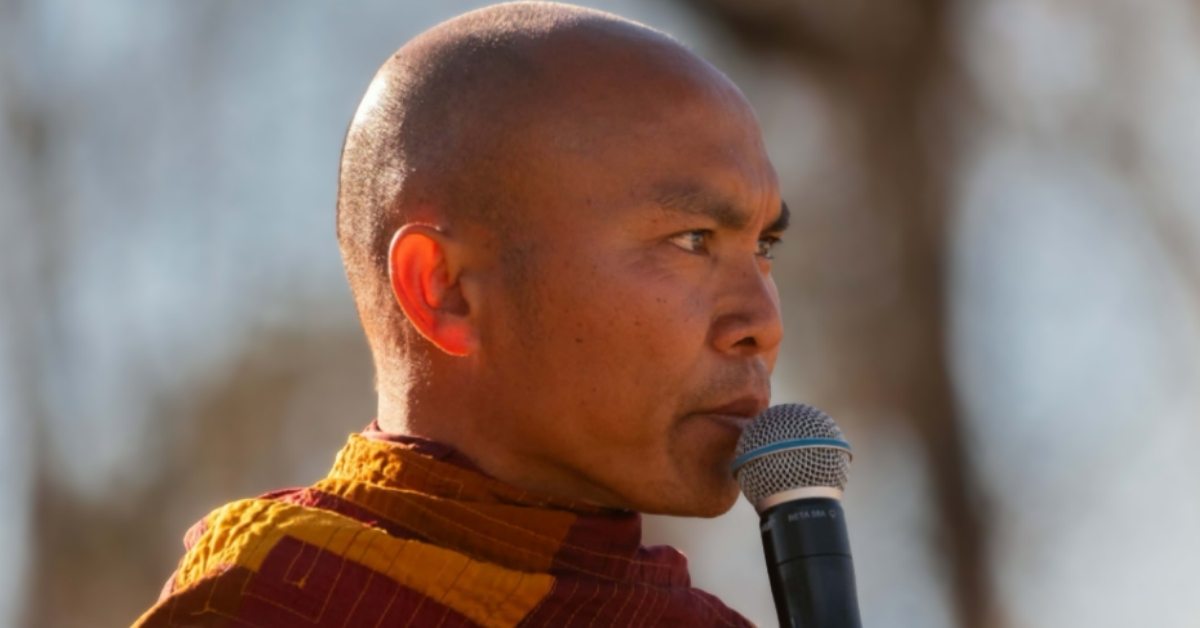Even in his final moments, Pope Francis maintained his heart for justice and mercy.
As Catholics around the world mourn the death of the late pope, more details are surfacing about his final days.

Monsignor Benoni “Don Ben” Ambarus, who was the official responsible for managing Francis’ charity and prison pastoral care in Rome, said that before his death, the pope donated €200,000 (or about $226,400 USD) to a juvenile prison in Rome: Casal del Marmo.
Not only was it nearly the last of his personal wealth, but it went to fund a pasta factory — Pastificio Futuro, or “Future Pasta Factory” — that operates in the prison.
“I told him that we have a big mortgage for this pasta factory and if we can reduce it we will lower the price of pasta, sell more and hire more boys,” Ambarus told La Repubblica newspaper.
“He replied, ‘Almost all my money is finished, but I still have something in my account.’ And he gave me €200,000.”
Throughout his time as pope, he was entitled to a papal salary of some €30,000 a month, but Pope Francis refused to collect it. Instead, he deferred it to various organizations, churches, and groups in need.
Casal del Marmo held a particularly special place in the history of Pope Francis. In 2013, he celebrated his first Mass of the Lord’s Supper on Holy Thursday there.
And in 2023, he returned to wash the feet of 12 young inmates.
It was a ritual that recalls the foot-washing Jesus performed on his 12 apostles at their Last Supper before his crucifixion. In this Holy Thursday moment, Pope Francis assured the youth of their dignity, adding that “any of us” can fall into sin.
Pope Francis’ commitment to people in poverty and prison was prominent throughout his papacy, demonstrating his belief that the Catholic Church should help and provide attention to people living on the margins of society.
“We have to help each other … giving one another a hand is beautiful,” Pope Francis said in his remarks at the feet-washing ritual in 2023.
“In society, we profit from each other … how many injustices [are there], how many people without work, without money to buy what they need? If that’s not me, it’s for the grace of God.”
Ambarus said that even in his tired and frail state, Pope Francis would be remembered as someone who fought for the rights of prisoners.
“He (fought for) them until his last breath,” Ambarus told La Repubblica. “That is why the prisoners saw hope in him. A father died for them.”
Ambarus also condemned the Roman legal system for failing to respond to Pope Francis’s calls for mercy toward inmates.
“[Pope Francis] called for more to be done to restore dignity to people ... But there was no direct result of his appeals. Like on the reduction of sentences,” Ambarus added.
“A great sadness enveloped the prisoners when they realised that the institutions had done nothing, not even a small gesture. Small gestures — a letter, a conversation, practical help with shoes or clothing — can reignite the human dignity that prison walls so often extinguish.”
But Pope Francis will be remembered far beyond a gesture. The pasta factory in Casal del Marmo received his blessing years ago, employing inmates to work toward reintegration in society and prevent recidivism.

“It all goes back to March 2013,” Alberto Mochi Onori told El Mundo, when the pope visited the prison for Holy Thursday for the first time.
“At the end of the visit, he delivered a brief homily, proclaiming: ‘Do not let yourselves be robbed of hope!’”
After a prison chaplain spoke with the Pontiff on this visit, Onori said Pope Francis declared: “We have to do something for these kids.” The pope later donated the initial funding to start the pasta factory.
“The profile of those who come here is usually people who don't have their head in the right place. If they don't have an alternative, they fall back,” Carmine, a 25-year-old former inmate at the facility, told El Mundo.
“But when the kids come here, they come with one mindset and leave with another. One of wanting to work and get organized. The project works very well. Working gives you hope.”
Header image by Jeffrey Bruno/ALETEIA (CC BY-SA 2.0)



